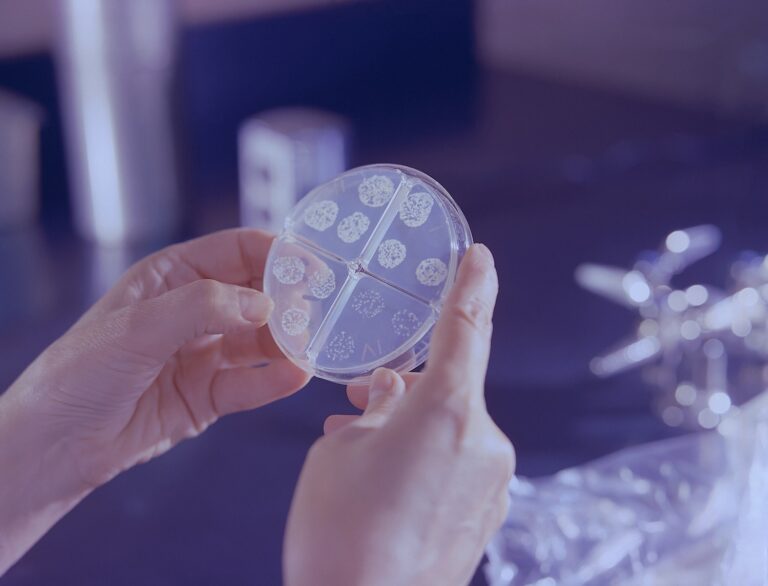Although ureaplasma can be transmitted sexually, it is not considered to be a classic STD. However, it can be passed from a mother to her fetus or newborn during childbirth.
Practicing safe sex and getting tested regularly can help prevent ureaplasma infections and other STDs. In addition, a full course of antibiotics can treat the infection.
Transmission
Ureaplasma is a bacteria that can cause infections of the genital tract in both men and women. It is commonly transmitted through sexual contact, and can also be passed from mother to fetus during pregnancy. Infection with ureaplasma can lead to unpleasant symptoms, including foul-smelling vaginal discharge and painful intercourse. This is why it is important to practice safe sex and get regular STI tests. The team at Better2Know have all the information you need about ureaplasma, including how it is transmitted, symptoms, testing, treatment and long-term health risks.
Although ureaplasma is often passed on through sexual interaction, it isn’t considered to be a classic STI in the same way as Chlamydia trachomatis and Herpes simplex virus. This is because it can be found naturally in the urinary, respiratory and reproductive tracts of both men and women.
However, when a colony of the bacteria overgrows, it can cause infection. Pregnant women who are infected with ureaplasma can pass it to their unborn babies through vaginal or anal sex.
Clinical guidelines don’t recommend treating ureaplasma unless all other infections and conditions have been ruled out. This is because the antibiotics used can disrupt the balance of healthy microbes in the vagina, increasing the risk of other infections. It’s best to discuss treatment options with your doctor, taking into account your individual vaginal microbiome and history of infections.
Symptoms
Although Ureaplasma bacteria are transmitted through unprotected vaginal, anal or oral sex, it is not considered to be a sexually transmitted disease (STD). It’s a normal part of the genital microbiome in men and women. But, it can overgrow and cause infection, which can lead to symptoms like bacterial vaginosis and pregnancy complications. Ureaplasma infections are also linked to other STIs, so it’s important to get tested and treated as soon as possible.
Symptoms of ureaplasma can include itching, painful or burning sensations in the penis, vulva, or anal area, vaginal discharge, painful urination, or a strong urine odor. But, if your infection is mild, you may not have any symptoms at all. Ureaplasma can also cause pelvic inflammatory disease in women and urethritis in men, which can lead to chronic pelvic pain, infertility or preterm birth.
Fortunately, ureaplasma is easily treated. Infections can be detected with a swab test or a urine sample. Infections can linger without symptoms for months, but it’s important to get diagnosed and treated as soon as possible to reduce your risk of complications. Practicing safe sex by using condoms during vaginal, anal or oral stix and getting tested regularly for STDs is the best way to prevent ureaplasma infection and other sexually transmitted diseases. It’s also a good idea to limit your number of sexual partners.
Treatment
Ureaplasma is present in healthy people as part of their microbiome – the trillions of bacteria that live in and on our bodies. Normally, they don’t cause any symptoms and their presence goes unnoticed as our immune system keeps them under control. However, if the population of these bacteria grows too quickly, it can lead to ureaplasma infection.
If you suspect that you have a ureaplasma infection, it’s essential to get tested. This will enable you to be treated straight away, reducing your chances of long-term complications. If left untreated, ureaplasma can increase your risk of pelvic inflammatory disease (PID) and epididymitis in women, as well as infertility in men.
A swab from the cervix or vagina will be taken by a healthcare professional at a sexual health clinic, or you can use an at-home test kit. Once diagnosed, a course of antibiotics will be prescribed to you. These are typically azithromycin or doxycycline. Alternatively, doctors can also prescribe fluoroquinolones.
Infections caused by ureaplasma usually go away within a few months in healthy people, but they can remain active for longer in those with weakened immune systems. It’s important to finish your antibiotic treatment, as if you stop too soon the bacteria could re-grow and develop into an infection again. In women, a persistent ureaplasma infection can affect the quality and quantity of sperm, increasing your chances of infertility.
Prevention
Ureaplasma is a bacteria that lives naturally in the respiratory, urinary and reproductive tracts of men and women. It can be transmitted through sexual contact and may cause infections. However, it is not a sexually transmitted disease (STD) in the same way as others. However, when a colony of the bacteria overgrows it can lead to pain, irritation and other health problems. Ureaplasma has also been shown to make people more vulnerable to other STIs. Therefore, it is important to practice safe sex and get regular STI screenings.
Practicing safe sex includes using condoms during vaginal, oral or anal sex and limiting the number of sexual partners. It is also important to wash hands regularly and avoid sharing personal items like towels or razors. Ureaplasma can also be spread through vaginal, anal or oral sex and during childbirth. Infections caused by ureaplasma are usually mild and go away on their own in most people. However, it can cause serious health complications in some people, especially pregnant women. Ureaplasma infection during pregnancy can lead to pelvic inflammatory disease, infertility and preterm labor.
Infections caused by ureaplasma can be prevented by abstaining from sexual activity, practicing safe sex and getting regular STI screenings. Taking probiotics to restore healthy bacteria in the body and not using irritants like douches or scented products that disrupt the natural balance of bacteria are other ways to help prevent infection. If you do develop an infection, it is important to seek treatment right away because ureaplasma can become dangerous in untreated cases.
See Also:



